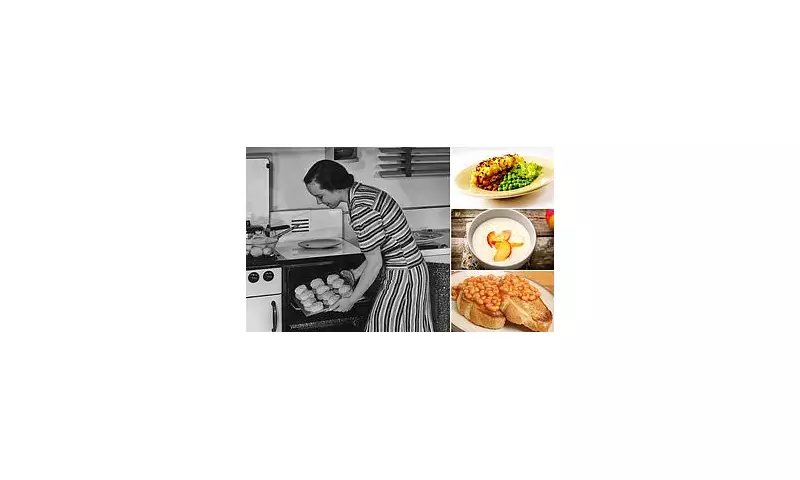
In an unexpected twist, nutrition experts are looking to the past for solutions to modern health problems, championing the Second World War rationing diet as an effective and affordable weight loss strategy.
The austere but remarkably balanced eating plan, which sustained Britons through the darkest days of the 1940s, is gaining renewed attention as a sustainable alternative to expensive weight-loss medications like Mounjaro.
The Science Behind the Austerity Diet
Unlike modern fad diets, the wartime rationing system was designed by necessity to provide complete nutrition on limited resources. The diet was predominantly plant-based, with strict limits on sugar, fats, and meats.
"The wartime diet was actually incredibly healthy by accident," explains leading nutritionist Dr. Sarah Brewer. "It was low in sugar and saturated fats but high in fibre and plant-based proteins. People ate more vegetables, pulses, and whole grains."
Modern Application for Weight Management
Today's nutritionists suggest that adopting principles of the ration diet could help combat obesity and promote sustainable weight loss. The key components include:
- Significantly reduced sugar intake
- Limited processed foods
- Emphasis on seasonal vegetables
- Moderate portions of lean protein
- High fibre content from whole grains
Cost-Effective Health Solution
With monthly costs of weight-loss injections like Mounjaro reaching hundreds of pounds, the ration diet offers a dramatically more affordable approach to weight management. A week's worth of ration-style eating can cost less than a single dose of modern weight-loss medications.
"Not only is it cheaper than prescription weight-loss drugs, but it also teaches sustainable eating habits that can last a lifetime," notes clinical nutritionist Rob Hobson.
Historical Success Story
During the war years, despite food shortages and restrictions, the British population experienced improved health outcomes. Rates of obesity, diabetes, and heart disease decreased significantly, while life expectancy increased.
This unexpected health benefit was documented in medical studies of the time, showing that nutritional adequacy doesn't require abundance or excess.
As modern medicine grapples with obesity epidemics and the high costs of pharmaceutical solutions, the humble wartime ration diet offers a compelling back-to-basics approach that nutrition experts believe deserves serious consideration in today's health landscape.





